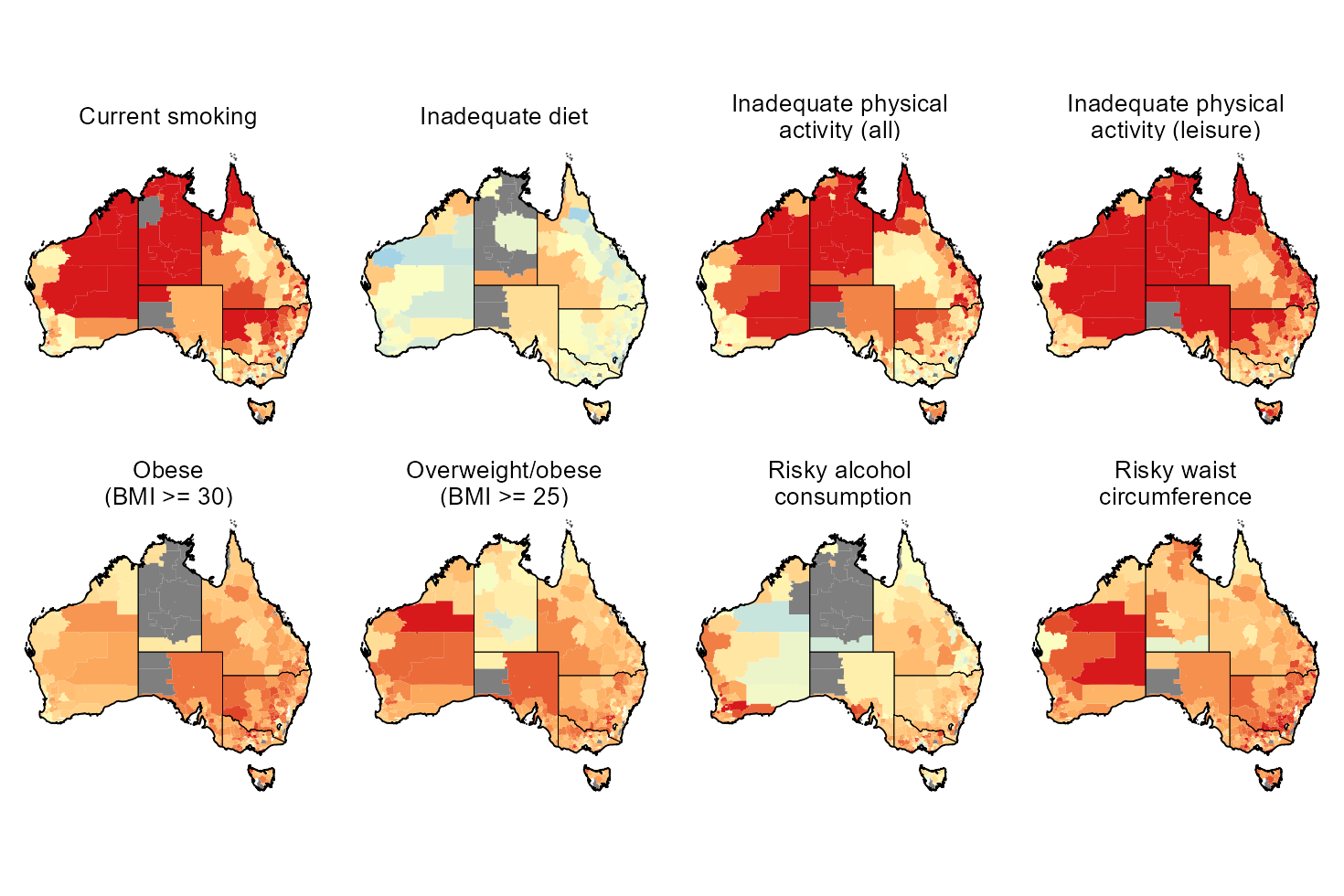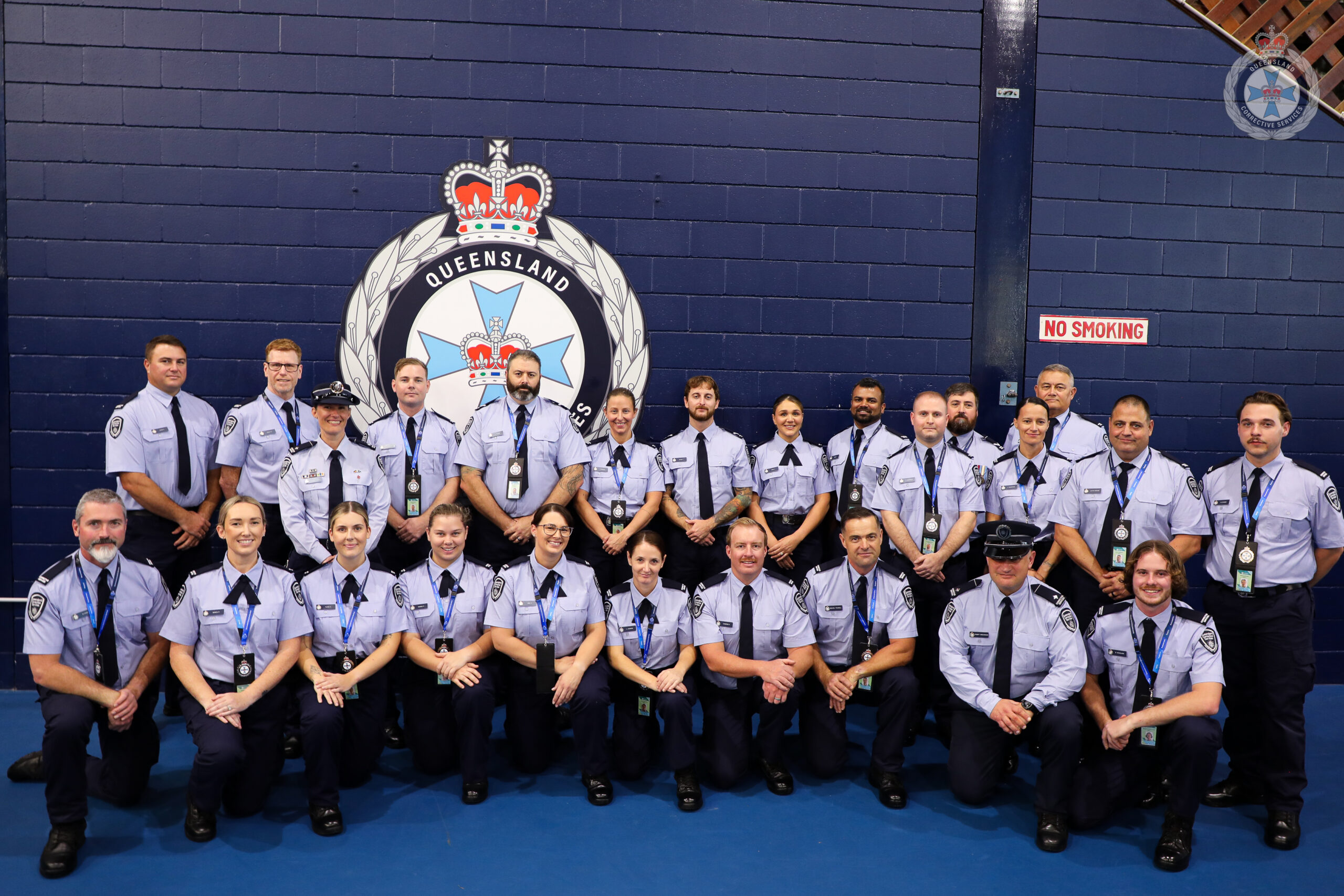A new QUT-led study that maps health statistics in Australia highlights the disparities in small area-level data and identifies communities where people may have unhealthy behaviours that could lead to cancer.
to cancer.
The research, published in International Journal of Health Geographics, aimed to map the prevalence of eight risk factors for cancer across 2221 small areas in Australia.
Investigators from the QUT Centre for Data Science, led by PhD researcher James Hogg, along with Associate Professor Susanna Cramb, Distinguished Professor Kerrie Mengersen, and Cancer Council Queensland‘s Dr Jessica Cameron and Professor Peter Baade, provided better information about cancer risk factors for small areas.
By analysing cancer risk factors such as smoking, alcohol consumption, physical activity, diet, and weight, based on survey data provided by the Australian Bureau of Statistics, patterns showed a higher prevalence of unhealthy behaviours in more remote and socio economically disadvantaged areas.
Although the study shows disparities in these behaviours across the country, the greatest disparities tend to be located within urban centres.

The coloured maps show areas where unhealthy behaviours are more (marked in red) or less (in blue) common than the national average. The deeper the shade, the greater the deviation from the average.
Mr Hogg said the work improved upon previous estimates by allowing a more “granular exploration of spatial disparities”.
“Our improved methods now let us look closely at these behaviours in almost twice as many areas as before,” he said.
“Also, since these behaviours often lead to other health problems, our findings could help research on diseases like heart disease.”
He said this work could help health policy makers to quickly identify the areas and groups of areas where preventative strategies for cancer may be most fruitful.
Mr Hogg was supported by the QUT Centre for Data Science and a Cancer Council QLD (CCQ) Scholarship while Assoc Prof Cramb receives salary and research support from a National Health and Medical Research Council Investigator Grant.








